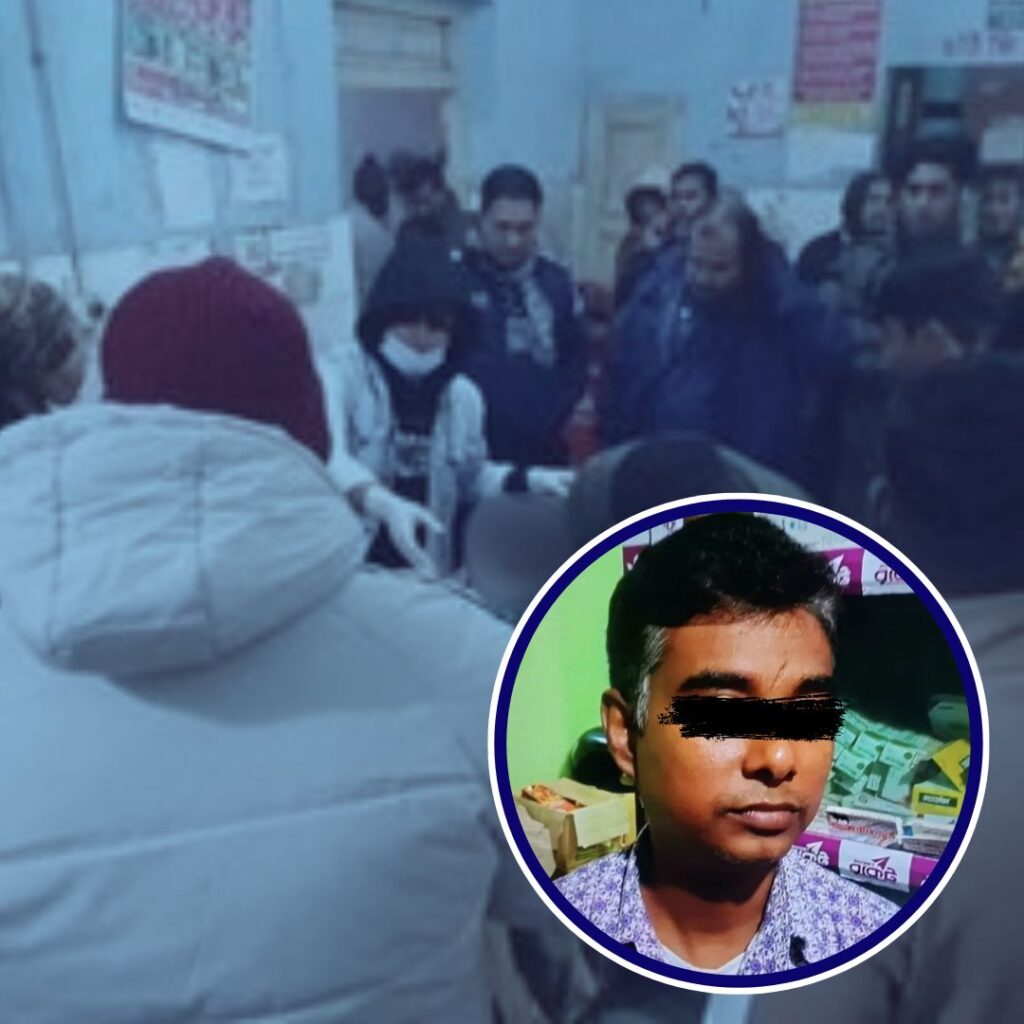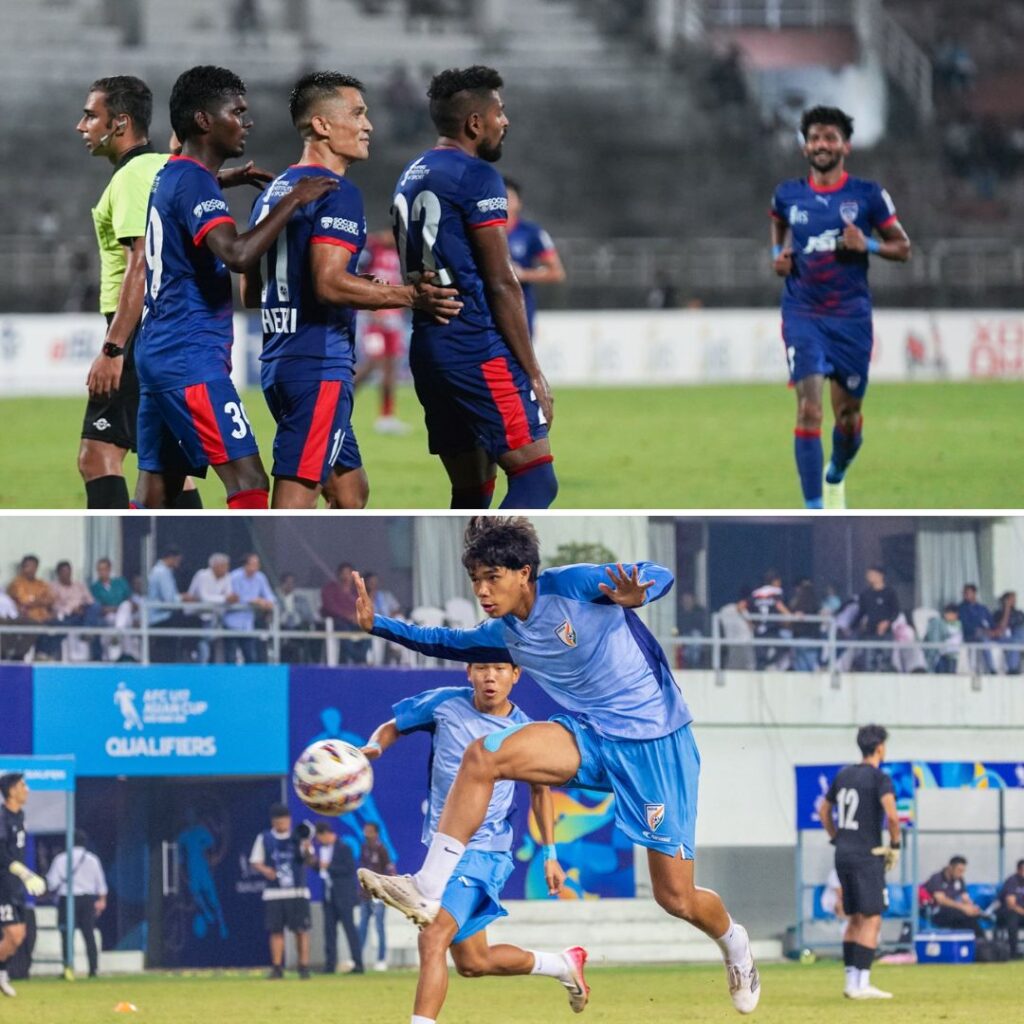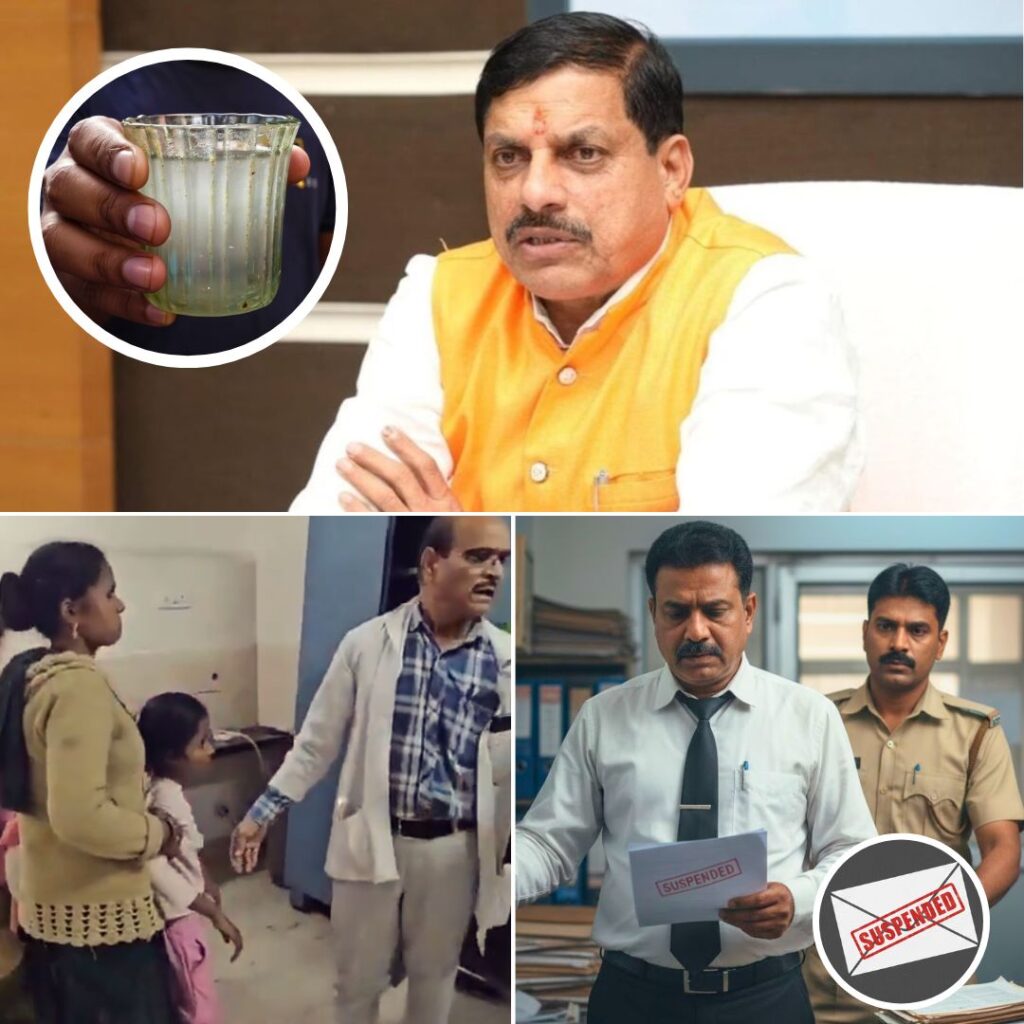Misha Agarwal, a 24-year-old content creator and law graduate preparing for judiciary exams, died by suicide on April 24, 2025, days before her 25th birthday. Her family attributed her death to severe depression triggered by declining Instagram followers and anxiety over her online career.
Actor Taapsee Pannu called the incident “heartbreaking,” warning against equating self-worth with social media validation. Authorities have not yet commented, but mental health advocates demand urgent policy reforms for digital creators.
The Human Cost of Digital Validation
Misha’s Instagram persona – filled with GRWM routines, dating anecdotes, and humour – masked her private turmoil. Her family revealed she tracked follower counts obsessively, even setting it as her phone wallpaper. “She’d refresh her profile every hour, panicking if numbers dipped,” her sister Mukta shared.
Despite holding a law degree and preparing for the Provincial Civil Services Judiciary exams, Misha increasingly viewed her offline achievements as secondary. “When her followers dropped below 3.5 lakh, she stopped eating properly and withdrew socially,” the family’s statement noted.
Fans have since flooded her last reel – a cheerful makeup tutorial – with comments like, “You mattered beyond the numbers.”
Systemic Pressures: Algorithms and Mental Health
Mental health experts cite Misha’s case as emblematic of a generation taught to monetise their personalities. Dr. Anirban Nandi, a Kolkata-based psychologist, explains: “Platforms reward constant engagement, creating dopamine loops that conflate visibility with worth.”
The family’s disclosure coincides with a 2025 Lancet study revealing 68% of Indian creators under 30 experience anxiety linked to metrics. Actor Taapsee Pannu’s viral post – “Your offline life is your only real life” – has reignited debates about platform accountability.
Meanwhile, Misha’s peers describe an industry where brands drop creators for minor follower dips, exacerbating financial and emotional stress.
A Family’s Plea and Policy Void
Misha’s family has urged followers to “seek help before it’s too late,” specifically mentioning organisations like The Banyan and Vandrevala Foundation.
Their statement criticised Instagram’s lack of mental health safeguards: “Why does this app have no warnings when someone checks their stats 50 times a day?” As of 2025, India’s IT Rules still don’t mandate well-being interventions for high-engagement users.
The Logical Indian’s Perspective
Misha’s tragedy forces us to confront social media’s commodification of identity. While her family’s courage in linking her suicide to systemic pressures is unprecedented, it underscores our collective failure to protect vulnerable creators. Platforms must prioritise human well-being over growth metrics, and policymakers must treat algorithmic harm as a public health crisis.
INSTAGRAM INFLUENCER
— Deepika Narayan Bhardwaj (@DeepikaBhardwaj) April 30, 2025
358K Followers
Her own cosmetic brand
Bachelor of Law
TOOK LIFE OVER DECREASE IN FOLLOWERS
RIP MISHA AGRAWAL 🙏
Tragic end of such a promising life pic.twitter.com/a7OtegdyOJ












